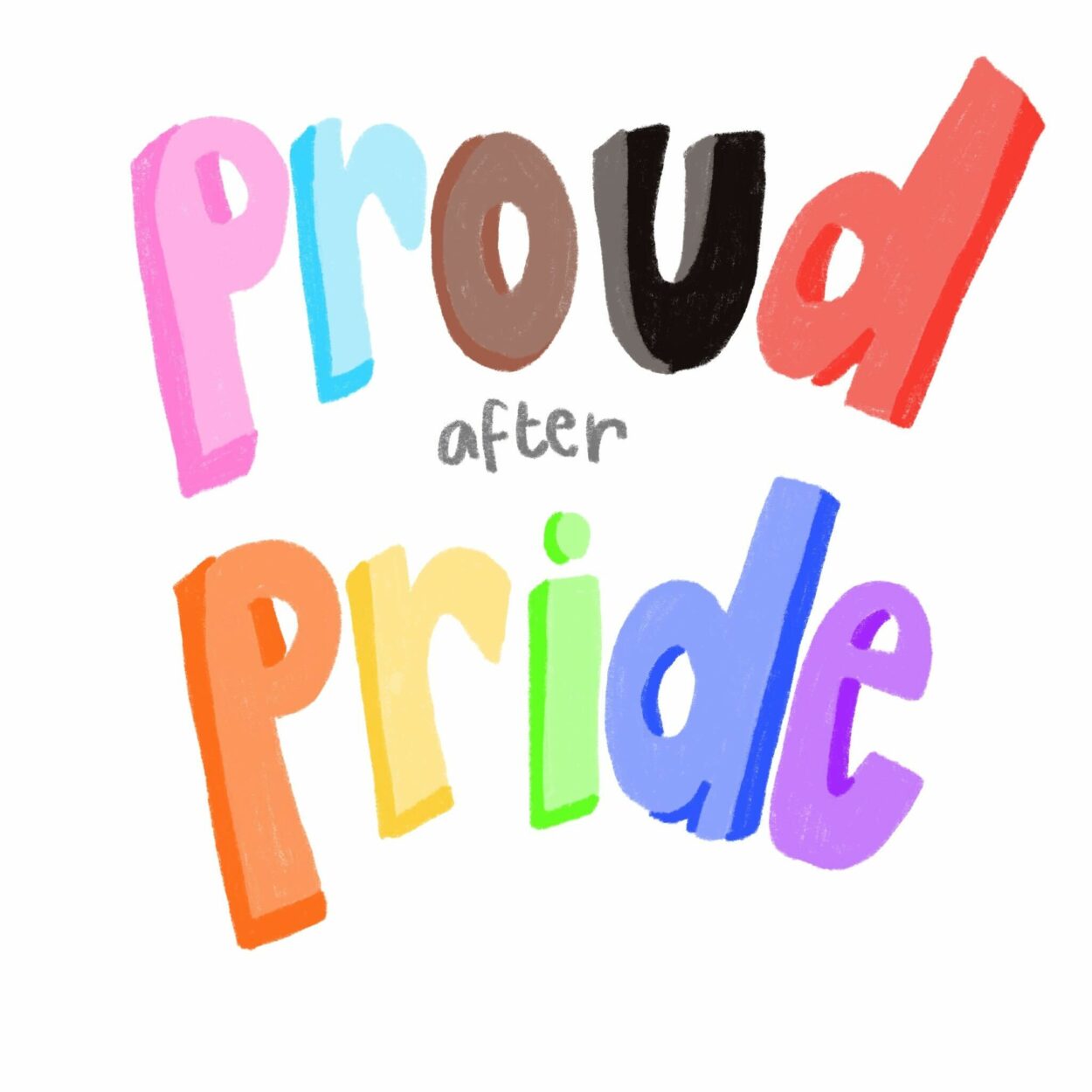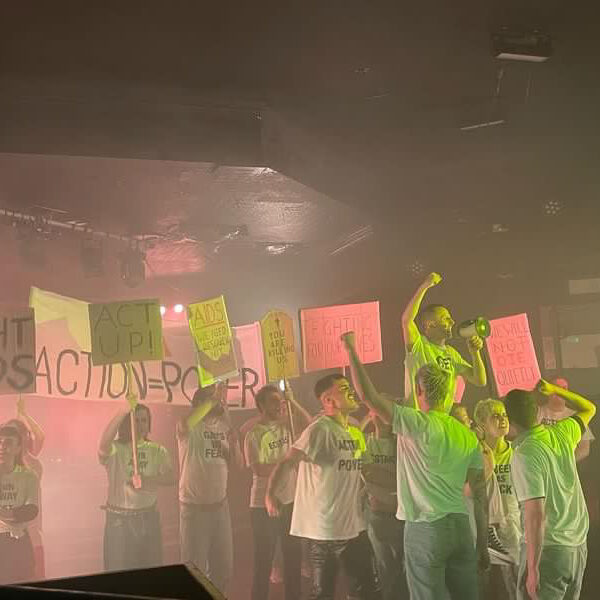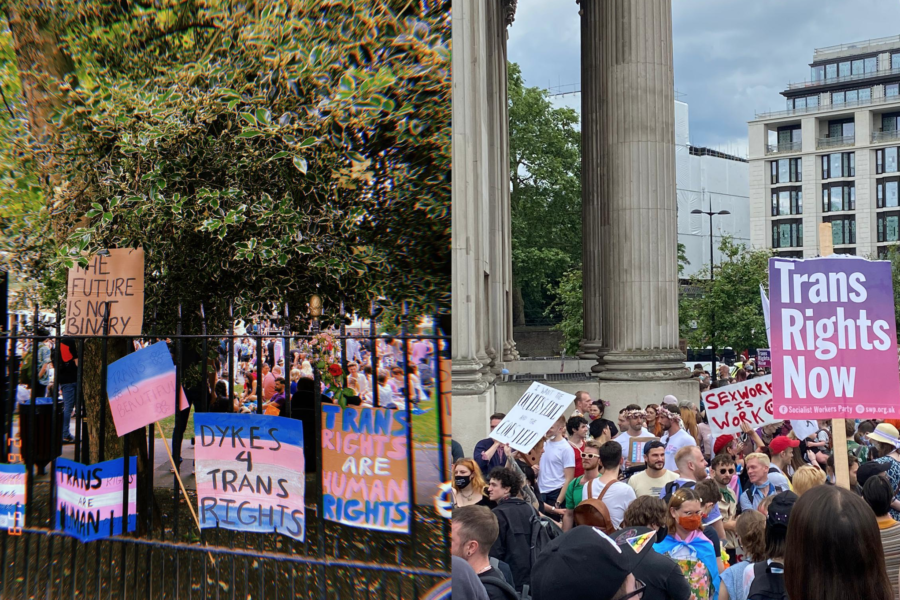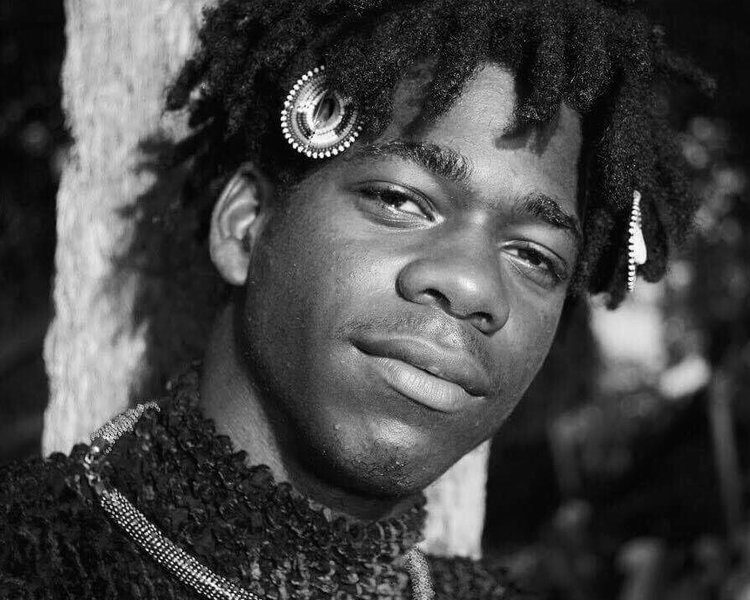I have a confession to make: I actually didn’t do much for Pride Month this year. I feel like I blinked and suddenly all my friends were posting pictures of them with quippy placards in hand, or looking sexy in harnesses and glitter, at events I’d already missed.
Maybe you’re like me and June just accidentally passed you by; maybe corporate sponsorship gives you the ick; or maybe the thought of a tightly-packed march on a hot day is your personal nightmare.
Whatever the reason, all hope is not lost! Just because brands only keep their rainbow logo for one month out of the year doesn’t mean that you need to follow their lead. Drawing on my own experiences, and the advice of fellow Clitbait contributors, here is a list of ways you can seek out queer joy and a sense of community year-round.
1. Go clubbing and connect with your community.
As a queer woman, I often bump into two myths about clubbing. The first is that queer women aren’t as interested in going out as queer men. This is a lazy stereotype that serves no one; relying on tired old tropes about how queer women just sit at home in blissful monogamy, whilst queer men constantly want to party and go out on the pull.
The second is that the queer clubbing scene is dominated by (mostly white) cis gay men. Now this one does have a grain of truth to it: I’ve definitely gone to queer venues only to find I’m one of very few women in the crowd, and a quick survey of just my immediate friendship group results in stories of racist, sexist, and transphobic door policies. That being said, the queer club scene is not a monolith, and to imply that it is disregards the hard work and DIY-ethos of party organisers across the country. These nights may run less frequently, or at less desirable times (Thursday night disco, anyone?) but they exist, and they’re joyous.
This article from The Guardian, celebrating “the rapturous return of the butch lesbian scene” made me feel so proud to have supported my local night Butch Please! The hard work of organising the night has already been done: all I need to do is show up, have fun, and appreciate butches. But by doing so, I’m contributing to the creation of a safe space where members of my community feel affirmed, carefree, and sexy.
2. Learn your history – in whatever way suits you.
I would especially recommend this if the Pride events you attended felt somewhat sanitised. Queer history is sexy, messy, and not wholly flattering – but always important. Learning about queers in the past makes me feel connected to a meaningful heritage, but also like I’ve just heard some really good gossip.
This Resource List published during LGBT+ History Month could serve as your starting point. I would especially recommend the Lesbian History Archives (linked in the Resource List) to inspire next year’s Pride outfit and placard – it’s never too soon to start planning!
3. Challenge your workplace on their diversity and inclusion policies.
Perhaps your workplace has changed their logo to a rainbow version for Pride Month, or maybe they even ask you to put your pronouns in your email signature, but why stop there?
What’s your company’s policy on dealing with homophobia or transphobia? Do they have strict binary rules when it comes to the dress code or uniform? How is parental leave organised between queer parents? This doesn’t necessarily need to be a confrontation (although more power to you, if that’s your style!), it could just be a casual chat with your head of HR. Even if you don’t think policies about gender presentation or childcare will affect you – or even anyone else you currently work with – they need to be implemented to safeguard future employees.
This might be a bit of a nerve-wracking conversation, but you’ll feel proud once you’ve had it. Plus, you never know, your new-found interest in company policy might be recognised as evidence of enthusiasm and commitment to your work.
4. Join an affirming sports team.
At this year’s Edinburgh Pride, one of my old teammates from Auld Reekie Roller Derby carried a placard declaring “Roller Derby Made Me Gay!”. It’s a classic chicken-or-the-egg dilemma: does roller derby make you queer, or are queer people drawn to roller derby?
I’ve written about roller derby previously, describing the sport’s progressive policies on trans inclusion as a “self-fulfilling prophecy”: roller derby has always attracted queer people; the sport’s governing body developed progressive policies on trans inclusion as a result; and these policies continue to attract more queer people to the sport.
Playing sports can be affirming and joyous for a number of reasons. Roller derby provided me a space to be unapologetically loud, sweaty, and competitive: all traits that the hetero-patriarchy has deemed unattractive and unfeminine. Sports have also given me the opportunity to meet older queer people, such as couples in their thirties and forties, some of whom with families of their own. Finally, playing sports makes me feel present in my body and more appreciative of what it can do. In a world where queer bodies are often objects of intrigue or the subject of culture wars, physical exertion can transform the body from a stranger, or an adversary, into a teammate.
Ruby Hann, Politics Writer.
More Tips from the Clitbait Team
- “Whatever way you choose to celebrate Pride month (or not), is up to you and how safe and comfortable you feel wherever you are. Don’t pressure yourself to dress differently, or go to events that make you uncomfortable just because it’s June. You can stay home and have dinner and celebrate your queerness with your friends, if that brings you happiness!” Meli, Sex and Relationships Editor.
- “Become active in your local activist circles. After all pride was and still is a protest, and it’s important we continue this history by campaigning for queer rights throughout the year, and not just when companies think it’s profitable. So join your local queer collective, and organise your own queer club night, event or protest!” Meli, Sex and Relationships Editor.
- “Read queer fiction written by queer authors. Seeing yourself and your experiences represented in works of fiction can feel incredibly affirming, and who doesn’t want to consume content that they can actually relate to? Sometimes you just want a feel-good romance or contemporary novel to tuck into on a relaxing afternoon, but all of the mainstream titles are full of toxic heteronormative tropes and harmful stereotypes. Do not fret! Queer novels are out there, just waiting to be discovered. Have a look on Tiktok or Instagram, do a quick online search, and keep up with Clitbait for some queer romance recommendations coming your way.” Irmak, Politics Editor
- “Be proud of YOU. Queerness – however beautiful and liberating – is still a struggle, and one which we queer folk battle with every day in different ways. Let this be a wee reminder to you that you are enough and that you have so much to be proud for every day (not just in June!). Get yourself a little notebook to use for journaling, and take note of your thoughts/feelings/experiences as a way of reflecting and processing as Pride Month comes to a rapid halt.” Sophie, Sex and Relationships Writer







Leave a Comment